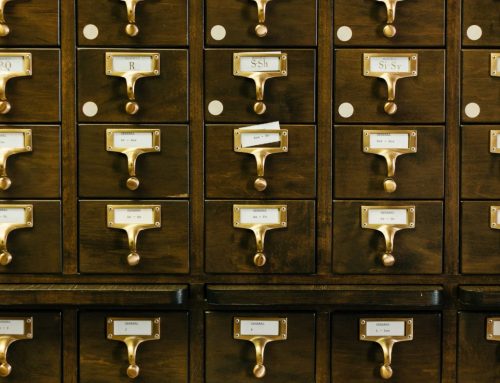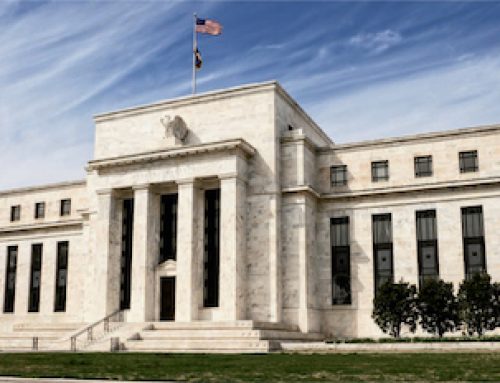More than three quarters of adults in the U.S. have used a nonbank payment or cash app. Commonly used nonbank payment apps include PayPal, Venmo, and Cash App. They are usually accessed on a mobile phone to send money to someone else, including many vendors, without writing a check or handing over cash. There is no doubt that these apps can provide a useful financial capability through its convenience of use.
In addition to acting as a payment facilitator between bank accounts, most payment apps have a function that allows users to store money on them. It is this function that caused the Consumer Financial Protection Bureau (CFPB) to issue a Consumer Advisory warning of the risk inherent in storing money this way. According to the CFPB, money is at greater risk when held in a payment app, rather than a traditional bank account with deposit insurance. The CFPB has warned that:
“Keeping money inside your nonbank payment app might feel the same as a keeping money in a traditional bank account with deposit insurance…. the difference is that the money in your app might not be held in an account at an FDIC member bank or NCUA member credit union. This means it might not offer federal deposit insurance.”
This difference is important because money kept in a bank or credit union account is insured if the bank or credit union fails. This deposit insurance does not apply when a nonbank payment company fails. As the CFPB says, “If the nonbank payment app’s business fails, your money is likely lost or tied up in a long bankruptcy process.”
Possession of a Direct Express® card is, for many federal beneficiaries, the means by which they are able to use payment apps and fully participate in the financial mainstream. Cardholders should understand that storing their funds in their card account rather than on a payment app is a safe option that they should embrace. Direct Express® cardholders’ money is FDIC-insured up to the maximum legal limit ($250,000 per depositor), in the same way that most bank accounts are.
Providing unbanked federal beneficiaries with the ability to utilize payment apps through a network branded prepaid card is a function that perhaps was not fully foreseen 17 years ago when the Direct Express® card was first introduced. Nevertheless, coupled with the card’s ability to safely store funds, protected by the FDIC, Direct Express® is providing significantly enhanced financial capability for its 3.5 million cardholders.
Source: CFPB







